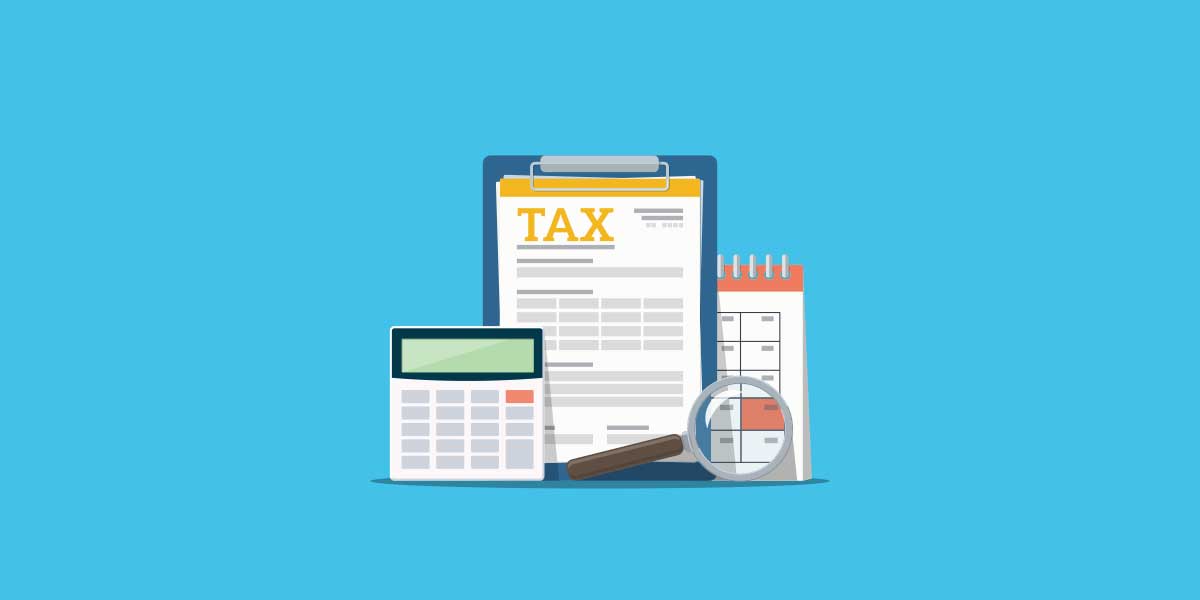With new Budget announcements last month, it’s worth reminding ourselves of some of the important tax and wage changes from the previous Budget that came into force this April.
National Minimum (NMW) and Living Wage (NLW)
From April 2023 these rates increased according to age. The NLW rises to £10.42 (up 9.7%) for those aged 23 and above and is £10.18 (up £10.9%) for 21-22 year olds. The NMW for 18-20 year olds rises to £7.49 (up 9.7%) and £5.28 (up 9.8%) for 16-17 year olds and apprentices. The amount of ‘accommodation offset’ – when an employer provides live-in accommodation to staff on the Minimum Wage deducted from their daily pay – is now £9.10 per day.
Maternity, paternity, adoption, shared parental and parental bereavement pay will also increase this month to £172.48 per week and statutory sick pay will go up to £109.40 per week.
Employment Allowance
This small, helpful scheme gives up to £5,000 relief from a company’s National Insurance Contributions (NIC) and is not widely taken up by enough small businesses. To be eligible, a company or charity should have Class 1 National Insurance liabilities under £100,000 in the last tax year (or the combined payroll of a group of companies must be under £100,000).
The scheme was extended and the amount increased in April 2022 so if your company is eligible, you can claim back up to four years after the end of the tax year.
For past years, the amount a business can claim is:
- Up to £2,000 for 2015-16
- Up to £3,000 for 2016-20
- Up to £4,000 for 2020-22
- Up to £5,000 for April 2022 onwards
The amount of relief is paid in proportionate amounts on a payroll basis so the sooner the claim is made, the better.
Employment Allowance applies per business, not per employee, so only one claim of £5,000 can be made regardless of the number of employees. Only one company in a group can make a claim. Companies are not eligible for this relief if the majority of its work is in the public sector, such as council bodies and the NHS, or if its employees don’t pay Class 1 National Insurance. If a company has just one employee earning over the Class 1 National Insurance threshold and that person is also a director, it is not eligible for Employment Allowance.
Corporation Tax
For companies with profits over £250,000 per year, Corporation Tax increased from 19% to 25% in April 2023. Companies with profits of £50,000 or less will pay 19% Corporation Tax and companies with profits between these two amounts will pay a tapered rate using marginal relief. You can work out your Corporation Tax liability using the HMRC online calculator.
If your accounting period does not line up with the tax year, there are slight adjustments to make, likewise, if your company is an associated company (not a group company) – to be sure of the amount of Corporation Tax you owe, speak to an experienced tax accountant.
The team at CRM is happy to help with any queries about the changes that have come into force for this tax year. Contact the friendly team on 01865 379272.

